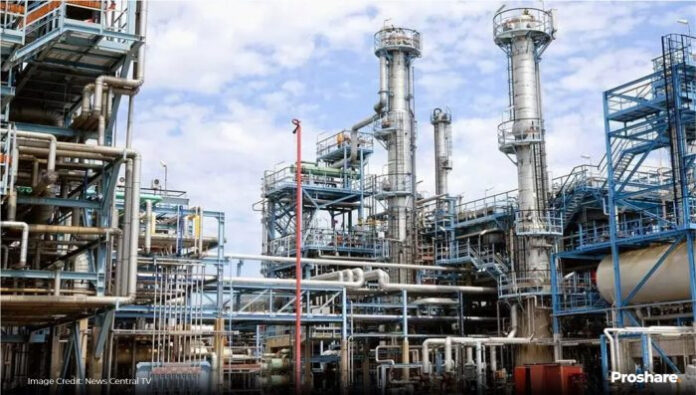A socio-cultural group, Yoruba Council Worldwide, YCW, has urged President Bola Tinubu to increase tax on imported fuel from the present 15 percent to 200percent in a bid to protect local production.
Addressing newsmen at the Ooni’s palace Press Corps Unit, in Ile-Ife on Monday, YCW’s President, Oladokun Hassan, stressed the need for Nigeria to protect local refineries, especially, Dangote refinery from sabotage.
According to him, the country must not allow the petroleum industry workers union, under whatever guise sabotage or disrupt Dangote refinery input to the nation’s economic growth and development.
He further proposed an increment in the tax chargeable on imported fuel from the present 15 percent approved by the Federal Government.
“We advocate for higher trade tariffs from the current 15% to as high as 200% or a complete ban on imported petroleum products, to protect Nigeria’s refining industry, in line with protectionist policies utilized in the United States and other advanced nations.
“While commending President Bola Tinubu for the Renewed Hope Agenda and his Nigeria First Policy, we caution that the continued issuance of import licenses through the Nigerian Midstream and Downstream Petroleum Regulatory Authority and the Nigerian National Petroleum Company Limited contravenes Section 317 of the Petroleum Industry Act and is a grave threat to national energy security,” he added.
While condemning the petroleum industry workers’ unions activities against Dangote refinery, he tasked the Federal Government to put the activities of the saboteurs at check.
“We are aware that Dangote Refinery has survived 22 sabotage attempts, allegedly involving corrupt refinery workers and external collaborators determined to cripple the new 650,000 BPD facility.”
“In light of these disturbing developments, we urge President Tinubu to order a comprehensive forensic investigation into the activities and finances of those unions, oil multinationals, and their collaborators, with particular focus on uncovering alleged sabotage, financial improprieties, and regulatory collusion,” he added.

